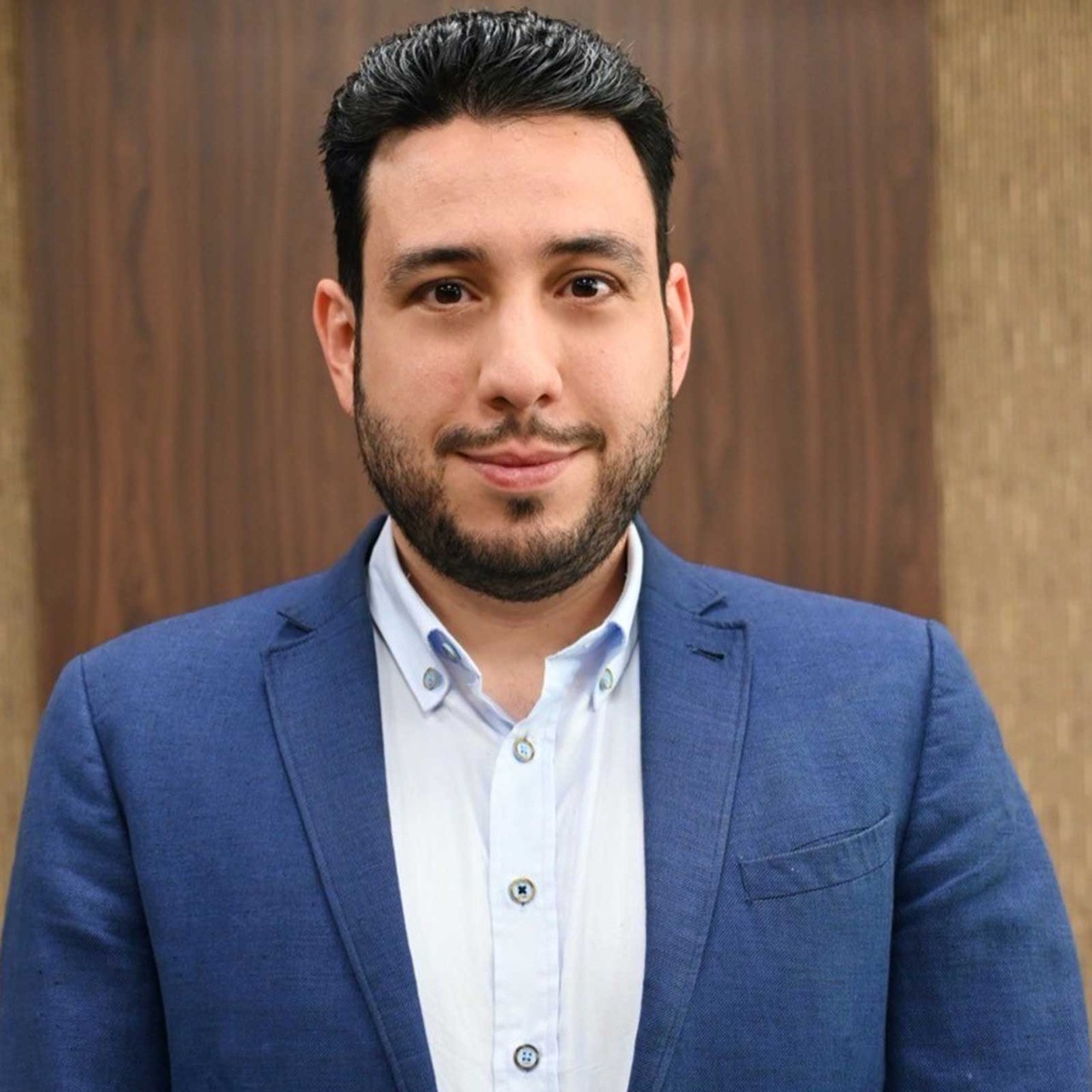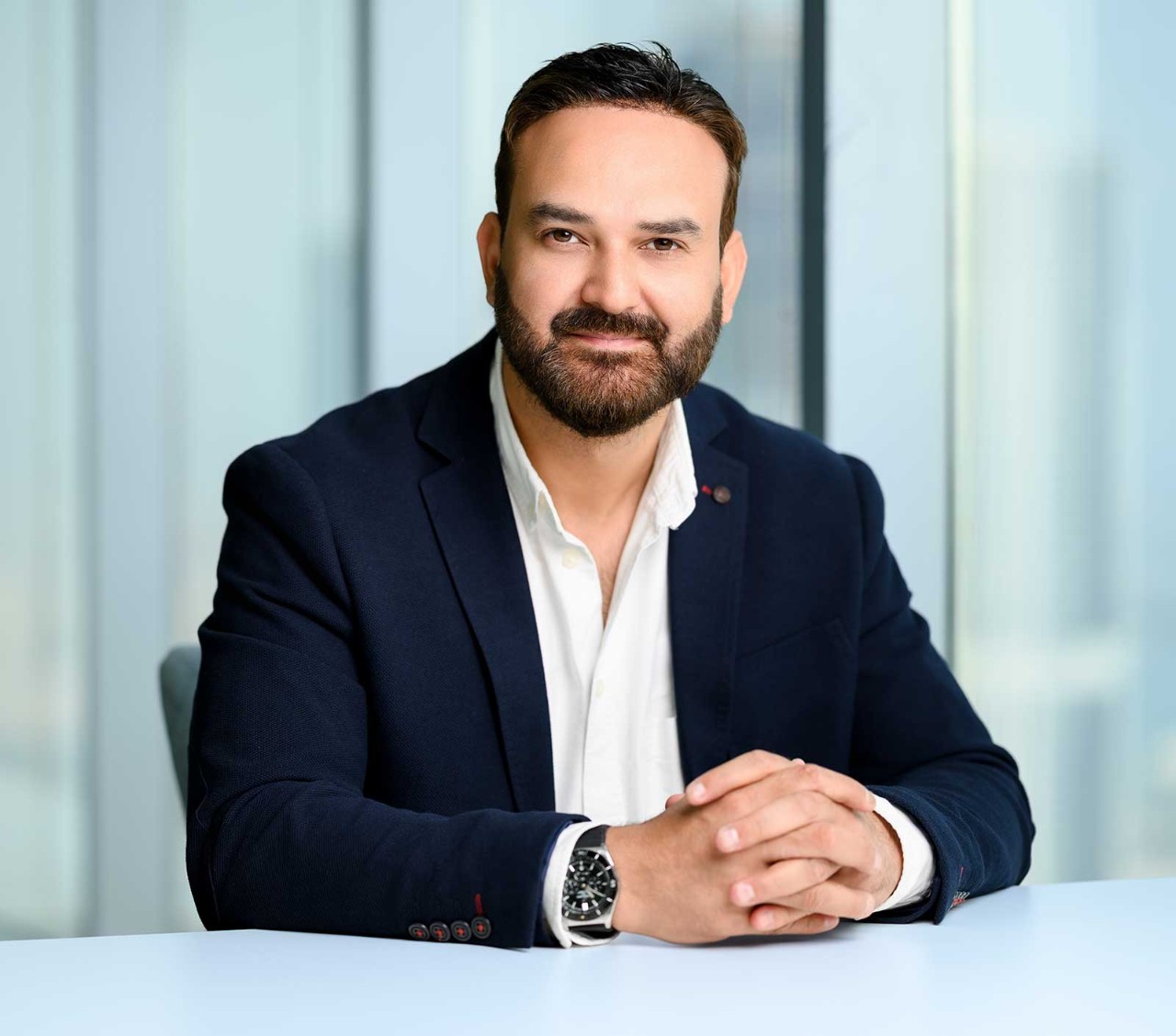
As ESG obligations rapidly become a business norm, for small and mid-sized enterprises (SMEs), the path to compliance is often lined with complexity, limited resources and confusion.
This is where outsourcing service companies prove their worth – quietly revolutionising how global businesses navigate sustainability reporting.
Traditionally, outsourcing to South Asia – particularly to countries like India and Pakistan – focused on core financial services such as bookkeeping, tax filings, financial reporting and audit. Today, that model has matured, evolving into a strategic partnership that includes ESG and sustainability advisory.
‘Our mission is to make sustainability practical and growth-oriented’
Growing expectations
Even micro-entities now face growing expectations to align with ESG frameworks, explains Nikhil Narang ACCA, founder of Peakvisory, an accounting outsourcing firm based in India. ‘Our mission is to make sustainability practical and growth-oriented, especially for businesses that can’t afford to hire dedicated ESG teams.’
Founded in 2020, Peakvisory began by serving the UK market, but has since expanded into the UAE, New Zealand and the US. With more than 10,000 annual accounts completed and a client roster of 100-plus small businesses, the firm now offers ESG integration as part of its broader outsourced services.
‘We embed ESG into our clients’ financial reporting from day one, Narang says. ‘This way, sustainability becomes a part of routine business operations, not a separate compliance headache.’
One of the biggest challenges SMEs face is interpreting and complying with ESG obligations without overhauling their business model or increasing costs. Peakvisory’s answer is simplicity and tech-enabled efficiency.
‘We help clients identify quick wins. Whether it’s reducing paper use through digital invoicing or finding energy-efficient processes, it’s about aligning ESG with what makes sense operationally,’ says Narang, adding that services include simplified ESG reporting; green tax incentives and grants identification; paperless accounting systems; and ethical financial management.
‘Clients often come to us thinking ESG is a big-company issue’
Crucially, the firm trains its own team to handle ESG needs, rather than building a separate division. ‘We’ve upskilled our accountants to use ESG software and automation tools, so we can deliver compliance without additional staffing or costs,’ Narang adds.
Adaptability is key
FineX Outsourcing, meanwhile, has built its ESG capabilities by embedding sustainability into its core service offerings, serving clients across the UK, Europe and the Middle East.
‘Our approach is hybrid,’ says Zohaib Hassan FCCA, a partner at FineX. ‘While we primarily handle processing and compliance, we’re increasingly being asked to support ESG reporting, disclosure and even audit requirements.’
FineX’s strategy is both proactive and regionally responsive. With sustainability frameworks like the European Union’s Corporate Sustainability Reporting Directive, the UK’s Streamlined Energy and Carbon Reporting regulation and various Middle Eastern ESG mandates evolving rapidly, adaptability is key.
‘We standardise our internal processes while tailoring outputs for each region,’ Hassan explains. ‘Our technology stack helps us stay up to date with regulatory changes and automate much of the reporting.’
Unlike some firms that treat ESG as an add-on, FineX integrates ESG across its existing teams. A dedicated compliance unit manages monthly ESG requirements, while project-specific audit teams handle specialised tasks during engagements.
‘We’re part of a bigger movement, helping firms align with the future of business’
‘Training is central to our model,’ Hassan says. ‘We hire professionals with ESG expertise, but also invest in team-wide certifications, including the ACCA Certificate in Sustainability for Finance. That ensures consistency and credibility.’
Natural fit
For many small businesses in developed markets, building internal ESG capacity is simply not feasible. Outsourcing offers a leaner, smarter way to tackle ESG head-on.
‘Clients often come to us thinking ESG is a big-company issue,’ says Narang. ‘But they quickly realise that basic ESG practices – like better energy use, ethical governance and reduced emissions – help them attract investment and boost credibility.’
Hassan agrees: ‘We’re not just ticking boxes. We’re part of a bigger movement, helping firms align with the future of business.’
Both Peakvisory and FineX highlight the growing interest from investors, lenders and supply-chain partners in ESG credentials, even among SMEs. As larger firms push sustainability requirements down their value chains, smaller players must demonstrate they’re doing their part.
Marketing the advantage
For both Peakvisory and FineX, client education is a key part of the journey. ‘We don’t pitch ESG as a standalone service,’ says Hassan. ‘Instead, we incorporate it into consultations and advisory meetings, helping clients see how ESG fits into the broader efficiency puzzle.’
‘We’re already seeing interest in using ESG data for broader decision-making’
Success stories help, too. Whether it’s a UK retail start-up gaining investor attention thanks to improved ESG disclosures or a Middle Eastern logistics company saving thousands of dollars through energy-efficient practices, these real-world examples build trust and buy-in.
‘We position ourselves as not just accountants, but partners in sustainability,’ Narang says. ‘That resonates strongly with the new generation of business leaders.’
From compliance to strategy
While compliance remains the entry point, both leaders agree that the future lies in strategic ESG advisory. ‘Right now, most clients just want to be compliant,’ says Hassan. ‘But we’re already seeing interest in using ESG data for broader decision-making, such as in risk management, brand positioning and even M&A.’
As regulatory landscapes tighten and sustainability becomes a business imperative, South Asia’s outsourcing firms are no longer just back-office players. They’re sustainability enablers, bridging global ambitions with local expertise.
‘We see this as a long-term evolution,’ says Narang. ‘Outsourced accounting is no longer just about numbers. It’s about impact.’
More information
For support and resources, visit ACCA’s Practice connect hub.



